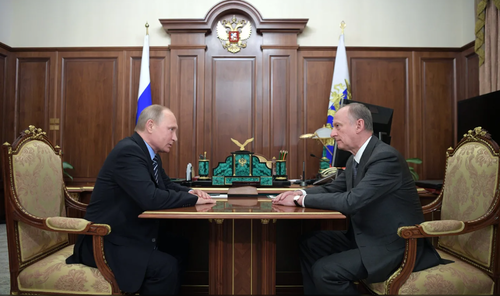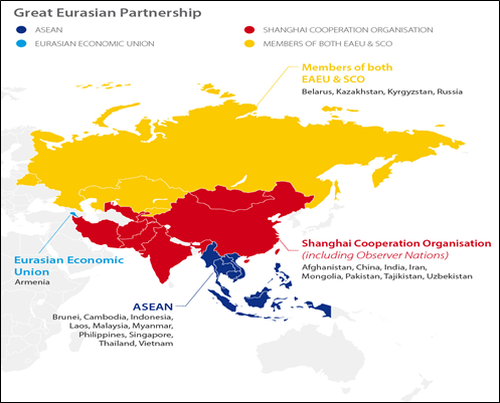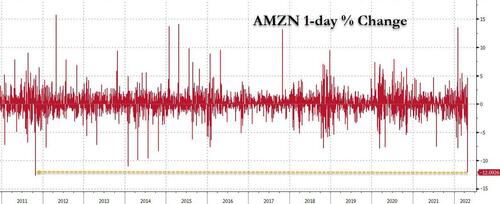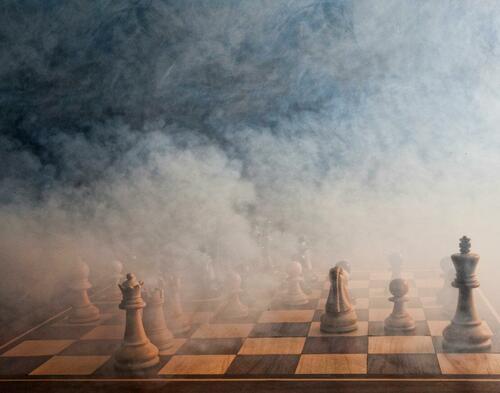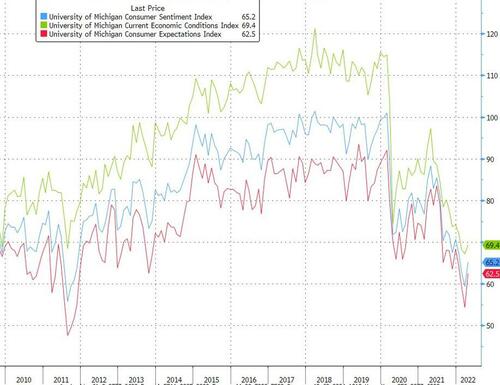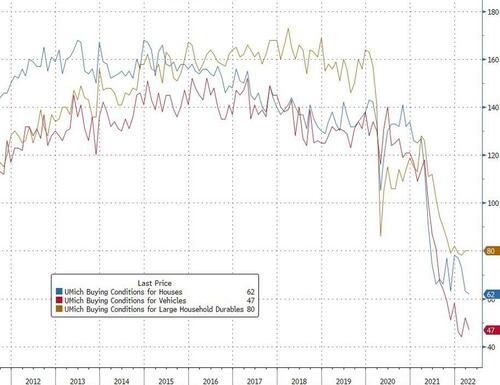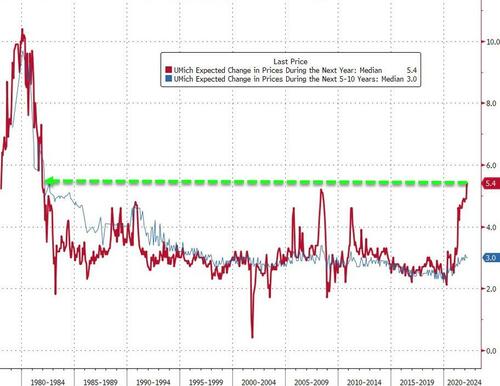Russian President Vladimir Putin has not just destroyed the international order and tens of thousands of lives, he has also damaged one of the most sacred classical liberal beliefs: Trade fosters peace. It’s nearly canon that “if goods don’t cross borders, soldiers will,” but now it seems that they are perfectly capable of moving in tandem.
In a Bloomberg opinion piece, John Micklethwait and Adrian Wooldridge mock Norman Angell’s 1910 book The Great Illusion, which “argued that war was impossible given the interconnectedness of the world.” Yet today, Micklethwait and Wooldridge write, “the Capitalist Grand Illusion is under assault in Kyiv — just as Norman Angell‘s version was machine-gunned on the Western Front.”
In The New York Times, Paul Krugman similarly claims that Putin’s invasion of Ukraine has exposed the illusory nature of the belief that “international trade would help lay the foundations for peace.” On the contrary, by making democracies dependent on Russia’s supply of energy, trade can be “a force for coercion, not peace.” Immanuel Kant’s hope that trade would usher in “perpetual peace” has perished in the suburbs outside Kyiv.
The theory of “peace through commerce” has been voiced by Enlightenment thinkers and classical liberals like Immanuel Kant, Montesquieu, Voltaire, Jeremy Bentham, Richard Cobden, Herbert Spencer, and Frédéric Bastiat, as well as modern peace activists and free traders like Norman Angell and Ludwig von Mises.
They witnessed borderlands where traders made secret peace agreements while their kings called for war. They observed that Jews, Christians, and Muslims negotiated peacefully at the London Stock Exchange and only applied the word infidel to those who went bankrupt. Some of them called the tendency of exchange to civilize people and moderate prejudice doux commerce (gentle commerce). Make money—not war.
These intellectuals proposed that international trade made it possible to get resources through nonaggressive means. Bentham and others focused on how countries’ interests converge as they become economically interdependent, making the destruction of trade partners counterproductive. Some, like Spencer, discussed how growing middle classes and businesses engaged in peaceful, international exchange acted as counterweights to imperialists and arms suppliers.
But none of these great thinkers believed that trade made war “impossible.”
The title of his 1795 essay “Perpetual Peace” might give the impression that Kant thought so, but he makes clear that the title is meant somewhat sarcastically. Rather, he writes that war is the natural state of mankind, and it would take heroic efforts just to reduce its ubiquity. Countries must use the spirit of commerce to undermine man’s normal “state of war,” but they also had to get rid of despots and develop republican institutions.
Angell, the English liberal Labour politician who admired John Stuart Mill and Spencer, had a similar view. Angell has gone down in history as a naive Edwardian writer who incomprehensibly ignored that the forces of death and destruction were amassing outside his window as he wrote. But that’s the wrong interpretation of his work.
On the contrary, the whole starting point of Angell’s book is the imminent risk of a savage war between Great Britain and Germany. His closing chapter does not express the joy in dancing your cares away but the fear that Europe’s leaders would soon be “spilling oceans of blood, wasting mountains of treasure.”
However, it’s that reference to wasted mountains of treasure that summarizes his case. Angell didn’t think that war was impossible, but that it was futile. It’s illogical and uneconomical, even from the invader’s perspective. In a modern, globalized economy, countries do not benefit from wars of conquest anymore. Countries don’t grow richer just because they have more land or a bigger military. In fact, small, peaceful countries like Switzerland and Norway were richer than mighty empires like Britain and Germany, Angell pointed out.
War would be costly even for the aggressor. Integrated financial markets would unleash chaos back home. If you lay your neighbor in ruins, you also destroy your own suppliers and markets. As Mises put it, if the tailor goes to war against the baker, he must henceforth bake his own bread. There’s a cheap way to satisfy the craving for another country’s natural resources: Buy them.
Angell did not deny irrational national passions and the madness of leaders. The fact that Europe’s leaders chose madness in 1914 did not refute his thesis. The fact that no one came out of the war in an improved state rather validates it.
What about the invasion of Ukraine? Does it refute this liberal peace theory? Well, the kind of exchanges in which Russia engages are not the types of free and open trade that enrich a broad segment of independent entrepreneurs. On the contrary, it is mostly trade in natural resources managed by monopolies, controlled by the government. The so-called oligarchs are not so much powerful business leaders as they are Putin’s poodles, safe in their positions only as long as they fall in step and line his pockets.
Despite this, it seems like most Russian oligarchs and businesses were opposed, and remain opposed, to the war, even though they don’t advertise it for obvious reasons. It doesn’t take independent entrepreneurs to understand that upending the relationship with the West would be an economic disaster. An energy system that makes Germany dependent on Russian energy might be terrible for Germany, but it would be self-immolation for Russia to end it.
It seems like the really enthusiastic pro-war constituency in Russia (before February 24) was limited to one man, give or take. And that’s precisely what Kant had in mind when he wrote that the spirit of commerce is not enough to deter the spirit of war, you also need republican institutions that channel that spirit and bind leaders.
In a despotic state, wrote Kant, thinking of all the Putin-like leaders of the late 18th century, the ruler is not affected by doux commerce. While the people suffer, “he goes on enjoying the delights of his table or sport, or of his pleasure palaces and gala days. He can therefore decide on war for the most trifling reasons, as if it were a kind of pleasure party.”
This is a reason why Thomas Friedman’s bastardized liberal peace theory—that countries with a McDonald’s don’t wage war on each other—has fared slightly less well. You can order a Big Mac without a side order of free markets and rule of law.
Invading Ukraine was not “genius” or “very smart” as former President Donald Trump has suggested. Even if the war wasn’t such an utter humiliation for the Russian military, it’s difficult to think of a scenario where it wouldn’t have been much cheaper for Putin just to buy all of Ukraine’s aluminum oxide and hot-rolled iron.
It was irrational and self-destructive and not much will be left of Russia and perhaps not even of Putin himself when this is over. But the fact that something is irrational and self-destructive does not preclude it from happening, especially not in a world of dictators surrounded by yes-men. It makes it less tempting, though, for most people, most of the time. That’s the case the classical liberals made, and that case still stands.
We are in the longest stretch of peace between major powers for 1,800 years, the old archenemies France and Germany almost cozy up too much to one another, and Putin’s invasion is the first attempt to launch a major war of conquest since Saddam Hussein invaded Kuwait in 1990. In a world where peace used to be just a brief interlude while everybody rearmed, something has gone right in the post–World War II era. If you want the whole story, read Steven Pinker’s The Better Angels of Our Nature, but clearly doux commerce has something to do with it.
Proximity and interdependence are not always deterrents, especially if different groups share one pool of resources that they all want the largest share of. Additionally, not all cultures and communities are happily harmonious, and civil wars are often the most vicious. However, the general relationship between trade and peace is a strong one.
By analyzing thousands of country pairs over several decades, many researchers have found that increasing trade between two countries lowers the risk of war between them. They have also found that countries that are more dependent on international trade have fewer conflicts than self-reliant ones, which provides us all with a security interest in other countries’ global integration as well.
It’s not just trade though; it’s free trade. A series of statistical analyses by the political scientist Patrick McDonald show that the level of free trade between two countries has a larger effect on peace. Countries that engage in free trade are less likely to attack or be attacked than protectionist countries. Free trade removes the barriers and privileges that enhance the domestic power of groups that generally support authoritarian leaders and an aggressive foreign policy.
It has long been known that democracies are more peaceful. According to McDonald’s study, the risk of a war between two countries is reduced by almost 30 percent if they move from little democracy to the highest level of democracy. But in fact, liberal, capitalist peace is even more powerful than democratic peace. If two countries move to the highest level of free trade, the risk of war is reduced by as much as 70 percent. Forget about the golden arches, this is the real McDonald’s theory of peace.
In an era of decoupling and trade wars, there are other authoritarian powers, like China, worth worrying about. It’s not just current trade relations that inform decisions over war and peace but also expectations of future relations. The historical pattern is that countries that expect the international order will stay open mostly prefer to be at peace with it, to reap the rewards, but when they feel that it is closing time, they start fearing the loss of access to resources and markets. Some even go to war to secure them.
If authoritarians lose all commercial, cultural, and personal relationships with the outside world, they have nothing left to lose. They are suddenly free to act according to their own character. And that is scary.
If goods cross borders, it might not always stop soldiers from doing so. But if goods suddenly stop moving across borders, history suggests that soldiers won’t be far behind.
The post Free Trade Still Promotes Peace, Despite Putin's Reckless War appeared first on Reason.com.
from Latest https://ift.tt/803hczF
via IFTTT
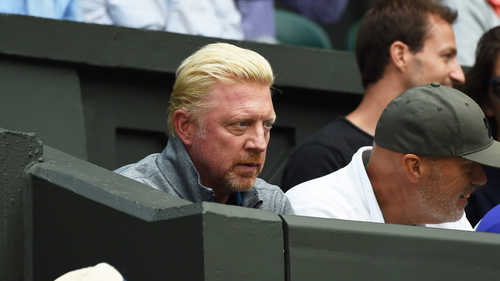
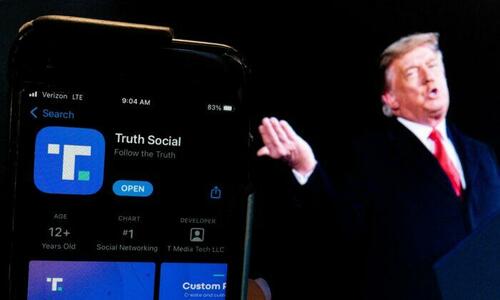
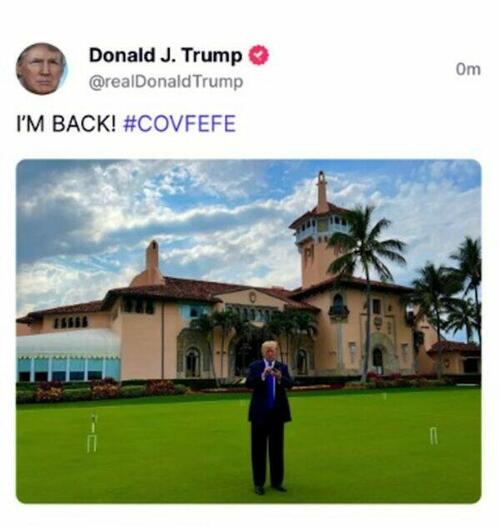
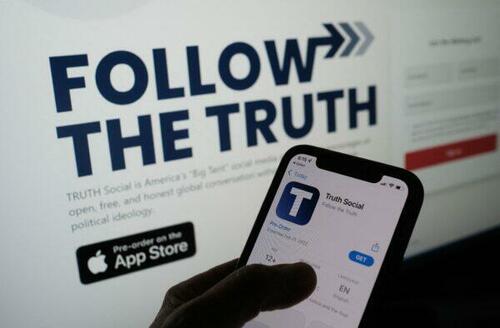

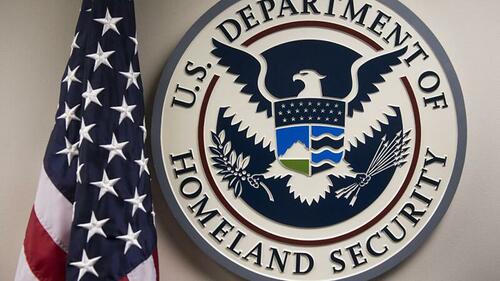
 (@TulsiGabbard)
(@TulsiGabbard) 